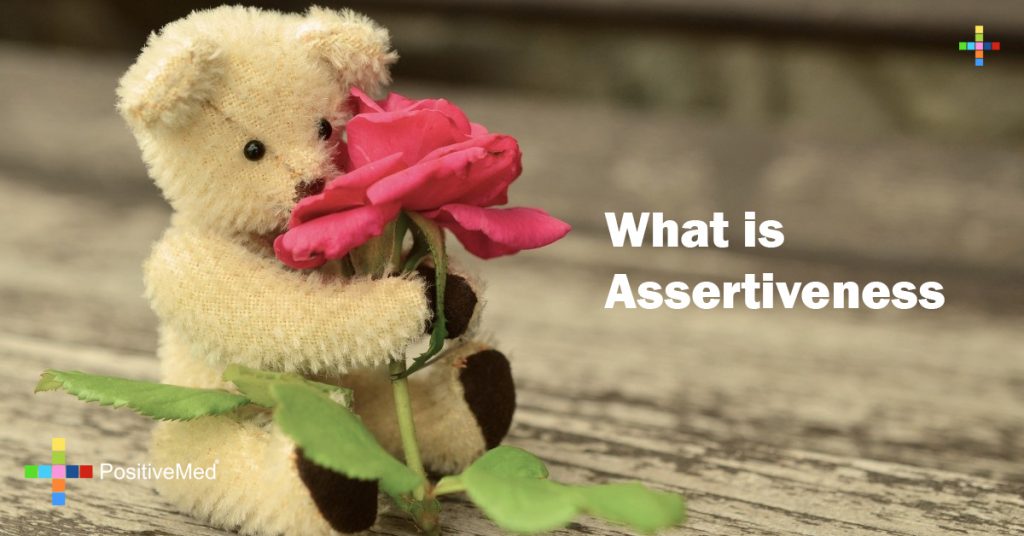
What is Assertiveness
By: Andres Carvajal
Edited By: Stephanie Dawson
About Assertiveness
Assertiveness is one of many social or interpersonal skills. One definition is ¨the expression of positive feelings and negatives in an honest and adequate way.” Some authors believe that assertiveness is the appropriate skill for handling people without being manipulated. This process can be complex. An assertive person is one that is able to express feelings, attitudes, desires, and opinions in a respectful and polite way. It is a balance between expressing personal needs and desires while respecting other views.
Communication Styles
There are two sides of being assertive, being too aggressive or too passive. Too aggressive is unreasonable anger, while passive people are often scared to put forth an opinion. Assertiveness is a healthy balance in between.

Passive Communication • Often do not express honest feelings, thoughts or beliefs, can be taken advantage of • Lets others violate his rights by letting them impose their opinions • Beat around the bush attitudes • Apologizes often • Hesitant changes of opinion • Self deprecating
• Doesn’t look directly at people Aggressive Communication
• Can be inappropriate or disrespectful
• Imposes on others
• False sense of superiority
• Sarcastic voice tone, can scream, yell, even be physically aggressive
• Firm voice, fluent, fast,
• Can be racist or $e*ist
• Staring, glaring, pointing
• Intrusive of personal space
• Mocking or ridiculing
• This kind of person is always trying to win at any cost, he doesn’t mind the other point of view and is reluctant to recognize that he might be wrong
Assertive communication
• It is a way of communicating feelings, thoughts, and beliefs in an open, honest, and respectful way
• Tone and volume are appropriate
• Empathic
Sources
• “assertiveness” in Dorland’s Medical Dictionary
• Wolpe, J. (1958) Psychotherapy by Reciprocal Inhibition, (California: Stanford University Press, 1958), 53–62
• Daniel Goleman, Emotional Intelligence (London 1996)





